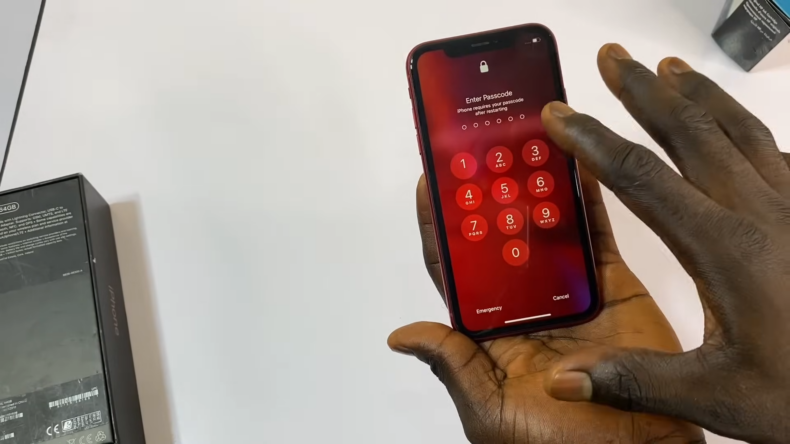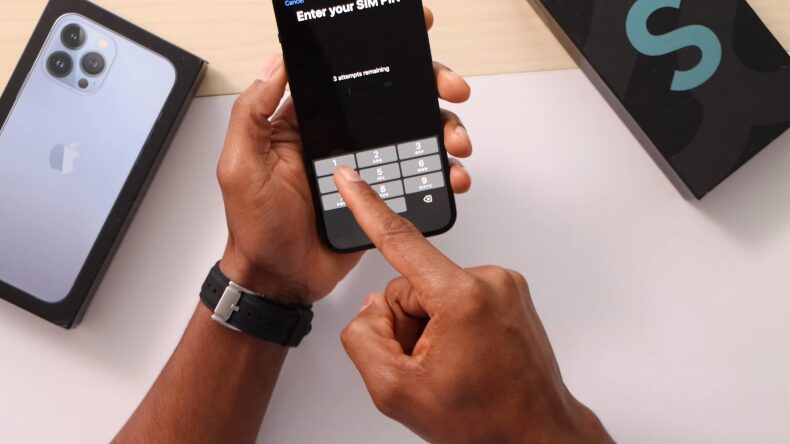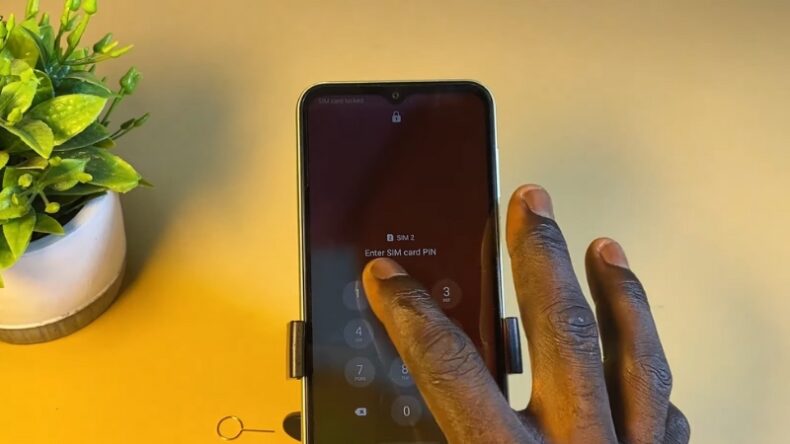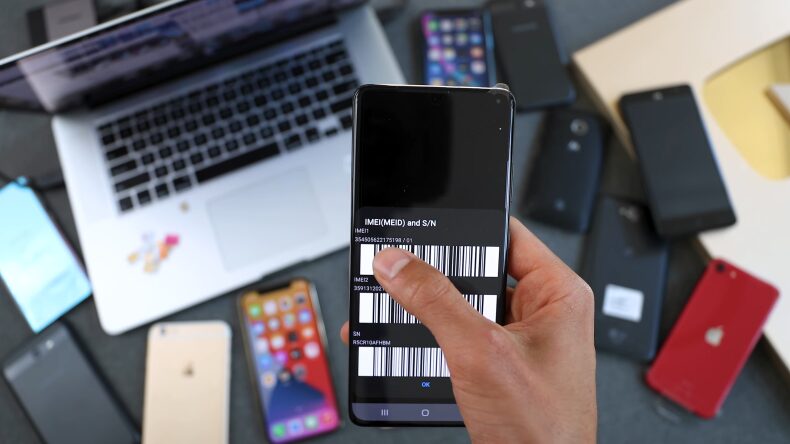Unlocking mobile phones has become an essential part of owning a device. When someone purchases a phone through a network provider, it’s usually locked to that provider, limiting the usage of other SIM cards.
Before deciding to unlock your phone, it’s important to know the steps involved, possible complications, and why unlocking can benefit you. This article covers everything you need to know about the process.
Key Points
What is Phone Unlocking?

Unlocking a mobile phone refers to the process of removing the restrictions imposed by a carrier. When a device is purchased through a network, it is locked to that carrier’s service.
This prevents the phone from being used with SIM cards from other providers. It gives the user the freedom to choose any network they prefer.
Carriers implement these locks to maintain control over the devices sold under their contracts. It is often necessary for people who wish to switch carriers, travel abroad, or sell their phone for a better price.
The Process of SIM Unlocking

There are two main methods for unlocking mobile phones:
Carrier Unlocking
The phone owner contacts the carrier to request an unlock. The carrier usually has specific requirements, such as completing the contract or paying any outstanding bills.
Third-Party Services
These services offer a more convenient and sometimes faster alternative. They use your phone’s IMEI (International Mobile Equipment Identity) number to generate an unlock code. The process is straightforward, and most devices can be unlocked within a short timeframe.
When using sim unlock online, the process becomes automated. This reduces the waiting time for receiving the unlock code. This type of service is ideal for people who want to unlock their devices quickly and without contacting their carriers.
Unlocking Benefits

- Carrier Freedom: The most obvious benefit is the ability to switch between carriers. You can choose any network provider that suits your needs, be it for better coverage, cheaper plans, or additional perks.
- International Travel: Unlocking allows you to use local SIM cards while traveling. This avoids the high roaming charges imposed by your home carrier and gives you access to local plans that often provide better rates for calls, texts, and data.
- Increase in Resale Value: Unlocked phones are more desirable on the second-hand market. Buyers prefer phones that aren’t restricted to a single network. This flexibility makes an unlocked phone more valuable and easier to sell.
- No Contract Ties: Once your phone is unlocked, you are no longer tied to your original provider’s contract terms. This flexibility allows you to switch providers whenever you find a better deal.
Carrier vs. Third-Party Unlocking
Many users debate whether to unlock through the carrier or use a third-party service. Both methods have their advantages.
Carrier Unlocking
Third-Party Unlocking
Free (in most cases)
Paid (fee varies)
Can take days or weeks
Fully automated process
Immediate or within hours
Requires contacting the carrier
No additional steps required
May require entering a code manually
Common Mistakes to Avoid
- Unlocking Before Contract Completion: Some carriers may not allow an unlock if the contract period isn’t finished or if there’s an outstanding balance. Make sure your contract has no remaining obligations before requesting an unlock.
- Not Checking Network Compatibility: Unlocking a phone doesn’t mean it will work with any network. Some phones are designed to work with specific bands, and unlocking won’t change that. Always verify the compatibility of your device with the network you plan to use.
- Using Unreliable Third-Party Services: Not all third-party services are trustworthy. Always choose a service with a good reputation. Sim unlock online, for example, offers an automated system based on years of experience, ensuring reliability and minimizing waiting times.
- Not Backing Up Data: Unlocking your phone rarely erases data, but it’s always better to be safe. Before unlocking, back up all important files and information on your device to avoid any unexpected loss.
Legal Restrictions
#Unlocking Phones Without Carrier Permission Becomes Illegal From Today! http://t.co/X6j7vFJh
— The Hacker News (@TheHackersNews) January 26, 2013
Unlocking is legal in most regions, but there are restrictions you should be aware of. In some countries, carriers are required to provide the unlock service at no additional cost, but they may still impose conditions like contract completion. In other regions, third-party unlocking services are more heavily regulated.
Always check the legal situation in your country before proceeding with unlocking. It’s important to follow the legal guidelines to avoid issues with your network or the law.
FAQs
Final Thoughts
Unlocking a mobile phone offers several benefits. Carrier freedom, the ability to use local SIMs when traveling, and increased resale value are all strong reasons to unlock.
For example, the iPhone 15 Series, known for its global compatibility, can benefit greatly from being unlocked, especially for frequent travelers.
Always weigh your options between carrier unlocking and third-party services to find the best solution for your needs.
Avoiding common mistakes such as unlocking before the end of a contract or using unreliable services can save you time and effort.













